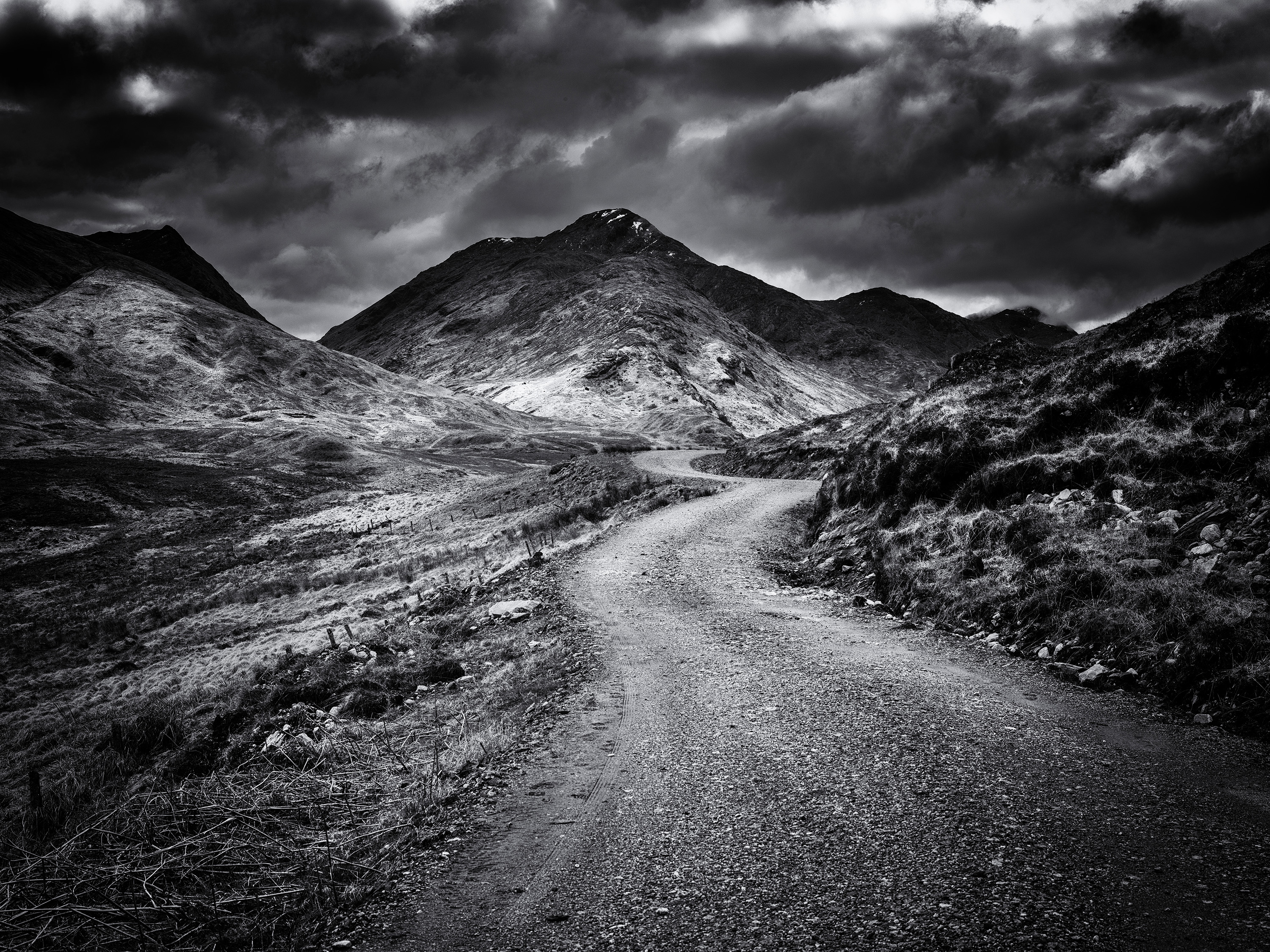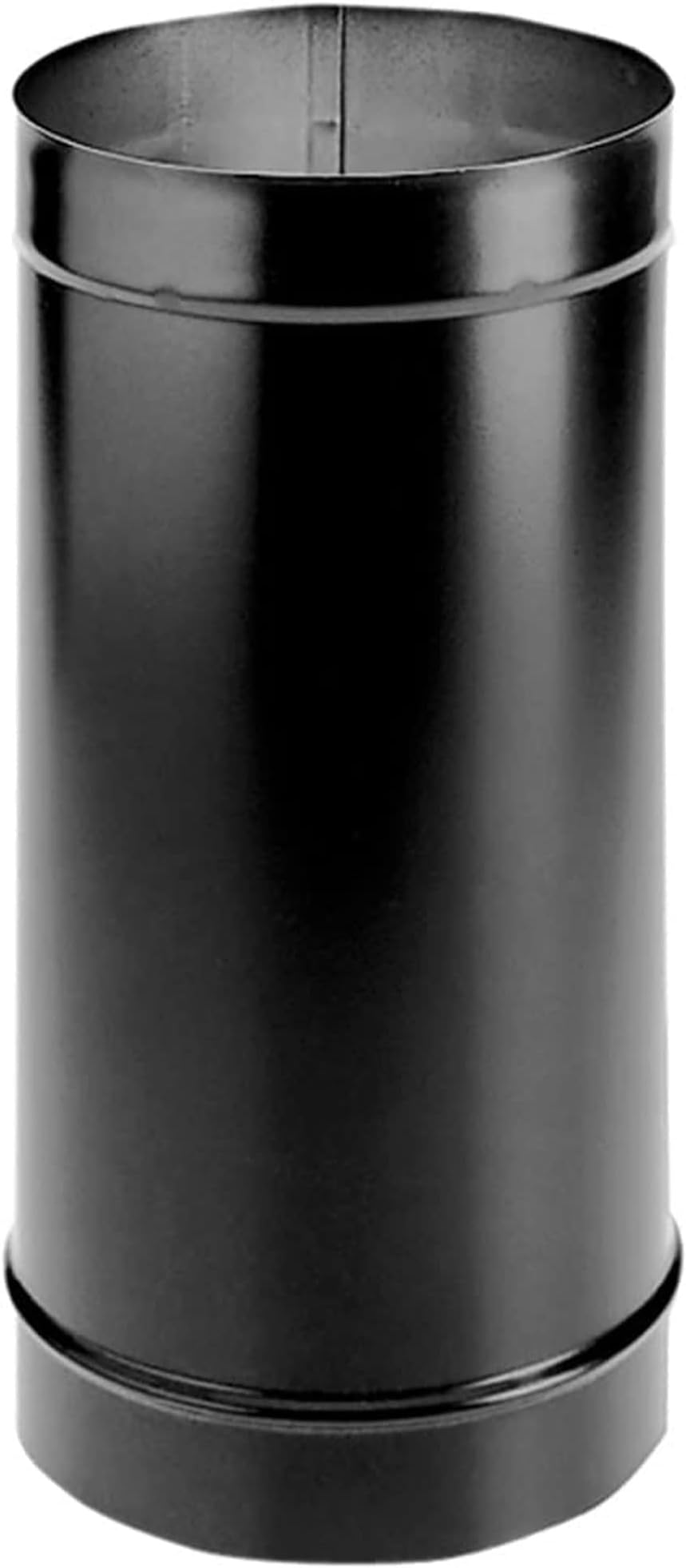Conquering the Great Outdoors: Your Guide to the Best Outdoor Cleaning Tools
Tackling outdoor cleaning projects can feel daunting. Whether you’re dealing with a grimy patio, a moss-covered driveway, or a neglected deck, the right tools make all the difference. This guide dives deep into the world of outdoor cleaning equipment, empowering you, the DIY enthusiast, to choose the perfect tools for your needs. We’ll explore everything from the importance of torque to engine options and even offer some friendly advice to keep you cleaning safely and efficiently.
Why Torque Matters: More Than Just Muscle

When it comes to power washers and other outdoor cleaning machines, torque is often overlooked, but it’s crucial. Torque, measured in foot-pounds (ft-lbs) or Newton-meters (Nm), represents the rotational force an engine produces. High torque means the machine can effortlessly handle tough jobs like removing stubborn dirt, grime, or even paint. A low-torque machine might struggle, stalling or requiring excessive effort, especially when tackling thicker build-ups of debris. Think of it like this: horsepower gets you going, but torque keeps you going through the tough stuff.
Engine Options: Gas vs. Electric – The Great Debate

Choosing between a gas-powered and electric outdoor cleaning tool is a significant decision, and the “best” choice depends entirely on your specific needs and preferences. Let’s break down the pros and cons:
Gas-Powered Engines:
- Power: Generally offer more power and torque, ideal for heavy-duty cleaning tasks.
- Portability: Can be less portable due to weight and the need for fuel storage.
- Maintenance: Require regular maintenance, including oil changes and spark plug replacements.
- Noise: Typically louder than electric options.
- Emissions: Produce exhaust fumes.
Electric Engines:
- Convenience: Easier to start and operate, with no need for gas or oil changes.
- Quiet Operation: Much quieter than gas-powered engines.
- Environmentally Friendly: Produce zero emissions.
- Power Limitations: May lack the power and torque of gas engines for extremely tough jobs.
- Cord Management: Corded models limit reach and maneuverability.
Torque and Towing Specs: What to Look For
While towing isn’t usually relevant for most outdoor cleaning tools, understanding the relationship between torque and the machine’s overall capability is important. Higher torque translates to better performance when facing resistance. For power washers, consider the pressure (PSI) and gallons per minute (GPM) – these, combined with the motor’s torque, determine cleaning power. For larger machines, like those used for driveway cleaning, check the manufacturer’s specifications for recommended use and maximum load capacity.
Comparing Top Brands and Models

The market offers a wide variety of outdoor cleaning tools, making it challenging to choose. Let’s compare a few popular brands and models (Note: Specific models and specs change frequently. Always check the manufacturer’s website for the most up-to-date information):
Example 1: [Brand A] Model X vs. [Brand B] Model Y: [Brand A] might offer higher PSI and GPM, making it ideal for heavier-duty tasks. However, [Brand B] might be more compact and lighter, easier for maneuvering around delicate landscaping. Consider your priorities—raw power or portability.
Example 2: Gas vs. Electric Pressure Washers: A high-end gas pressure washer from [Brand C] might boast significantly higher torque and cleaning power than even the most powerful electric models from [Brand D]. But the increased power comes with the added costs of maintenance and fuel. [Brand D]’s electric option provides convenience and quiet operation at the cost of reduced power.
(Note: Replace the bracketed information with actual brand and model names for a relevant comparison.)
Practical Advice for DIY Enthusiasts

Before you start your cleaning spree, consider these essential tips:
- Safety First: Always wear appropriate safety gear, including eye protection, gloves, and closed-toe shoes.
- Preparation is Key: Clear the area of any obstacles or delicate plants before you begin.
- Test in an Inconspicuous Area: Before applying any cleaning solution or high pressure to your entire surface, test it on a small, hidden area to ensure it doesn’t damage the material.
- Start with the Least Aggressive Method: Begin with a gentler cleaning method (like brushing or a lower pressure setting) before resorting to more powerful techniques.
- Regular Maintenance: Keep your cleaning tools clean and well-maintained to prolong their lifespan.
- Follow Manufacturer Instructions: Always consult the manufacturer’s instructions for proper use and safety precautions.
Conclusion: Choosing the Right Tools for the Job
Selecting the right outdoor cleaning tools depends on your specific needs and budget. By understanding the importance of torque, engine options, and the various features available, you can confidently tackle your outdoor cleaning projects. Remember, safety and preparation are paramount. Happy cleaning!








